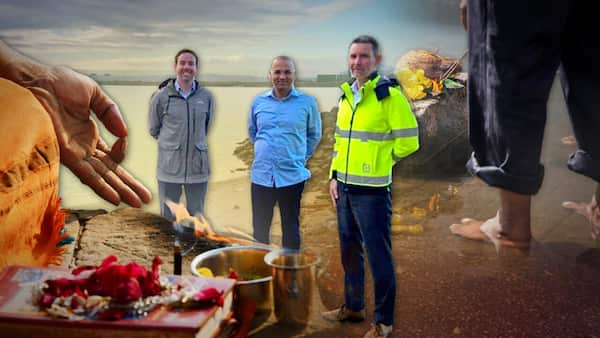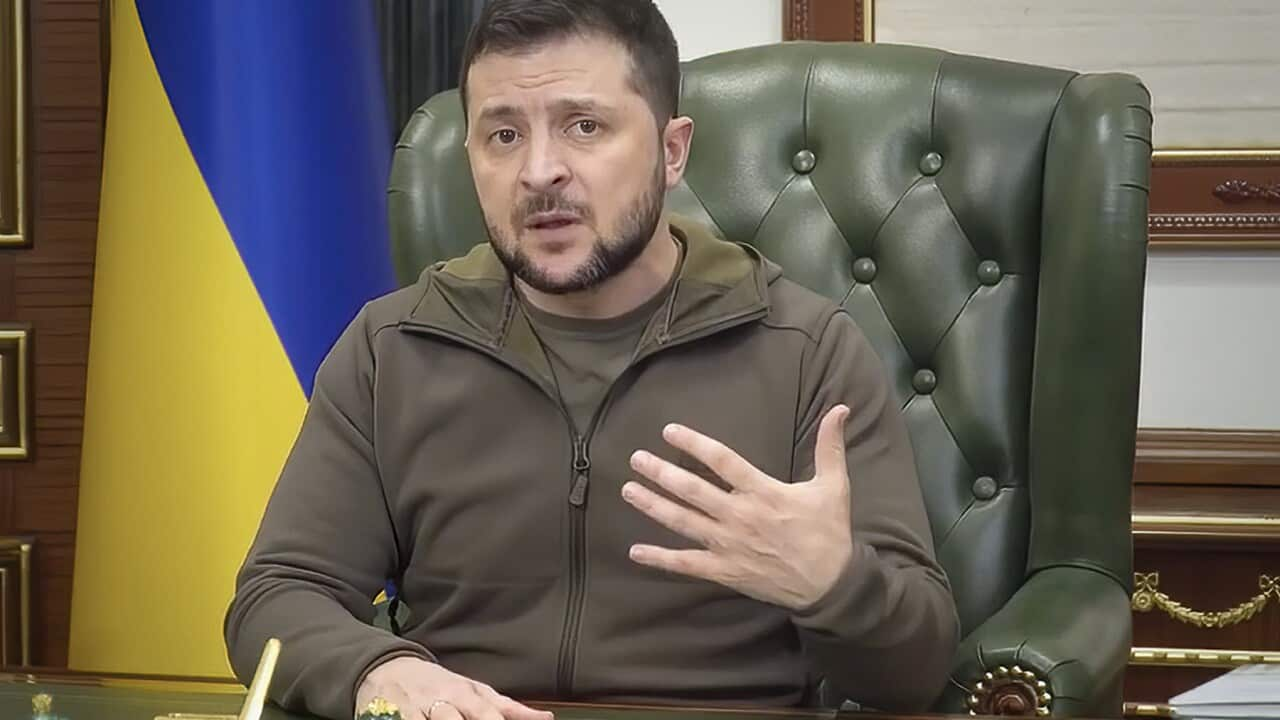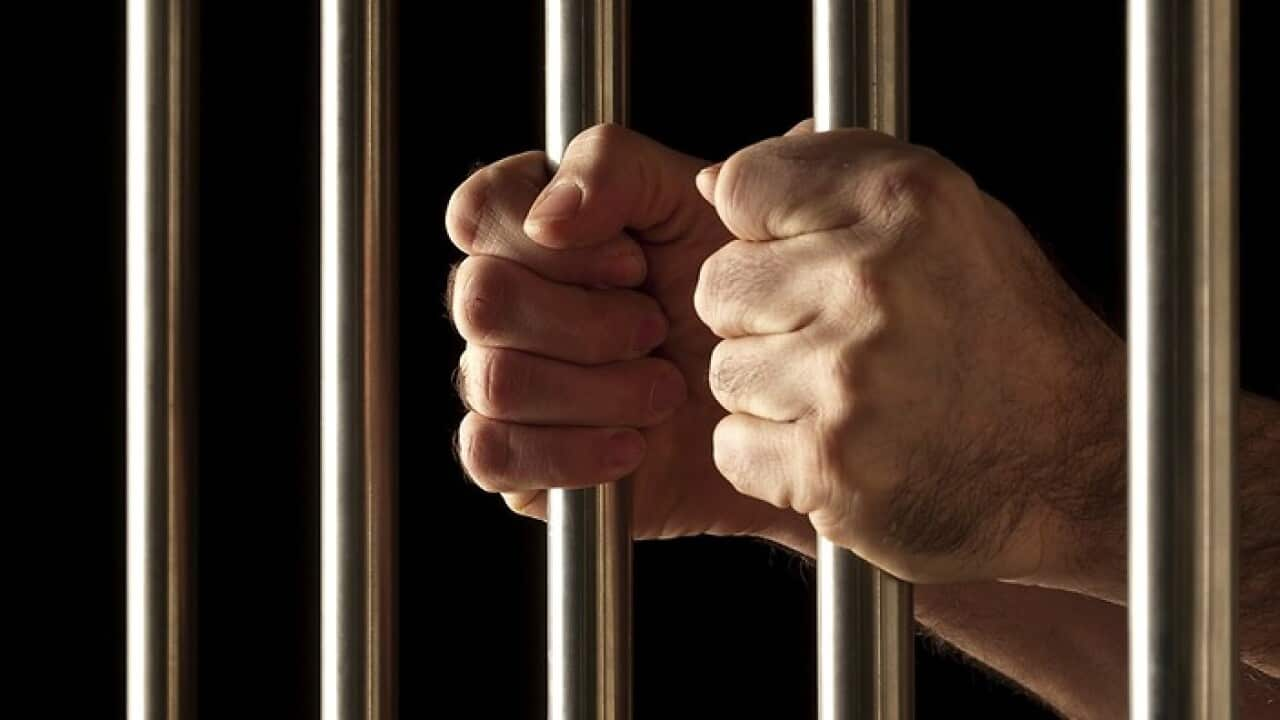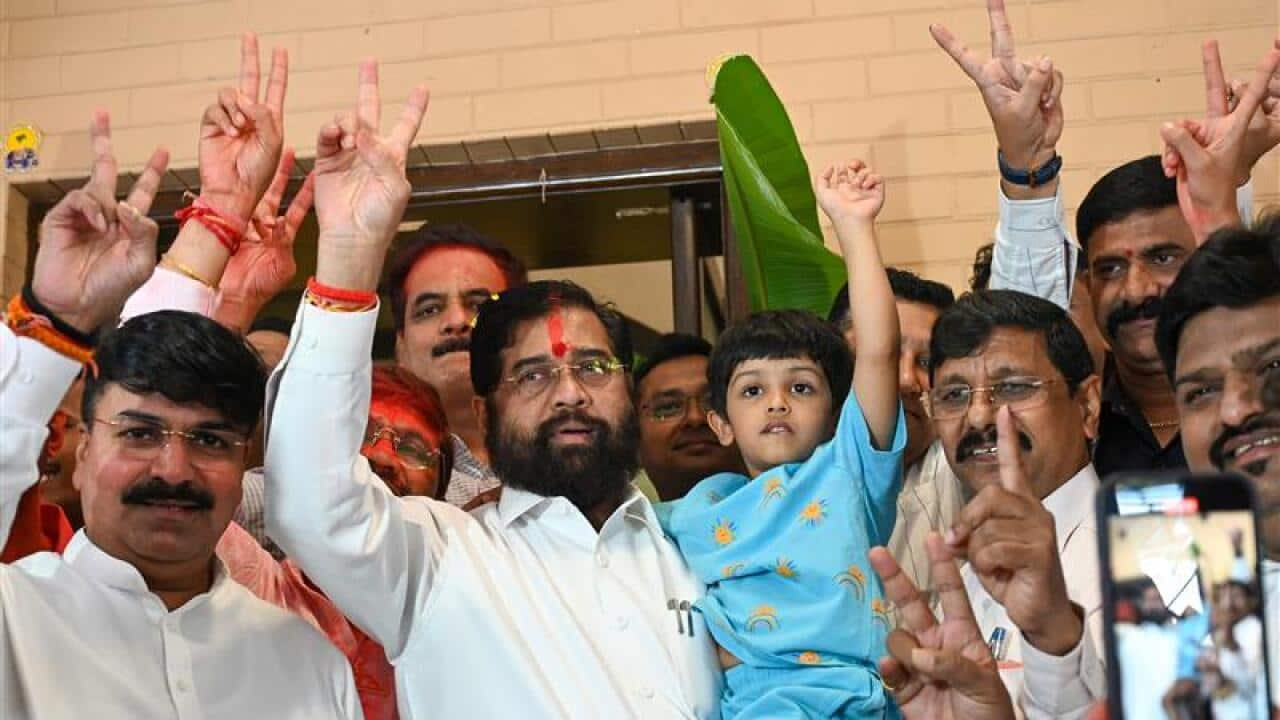Key Points
- Parents from migrant communities invest thousands of dollars each year in private tutoring services for their children.
- Some parents say they have difficulty finding good tutors and believe schools should assist in locating them.
- According to the Australian Tutoring Association, there are an estimated 80,000 tutors and over 5,000 tutoring businesses nationwide.
Melbourne-based mother Shiny Mehta said all three of her school-aged children use private tutoring because she lacks the time and expertise to guide them herself.
"It's crucial for their future, and we want them to succeed here. If this helps them achieve high grades, there's nothing wrong with that," she told SBS Hindi.
"I want my child to achieve a high ATAR or pass selective school exams, and that means such coaching becomes essential."

Shiny Mehta with her three children. Credit: Supplied
But a lack of regulation has led to concerns around tutor accountability, learning inequalities and impact on children’s mental health.
'An investment in their future'
Mehta acknowledged that there were challenges involved with providing additional education hours for her children.
"It’s not only burdensome for the kids but also adds extra stress on parents — both financially and in terms of managing pick-up and drop-off responsibilities," she said.
"It's challenging ... especially with the rising cost of living, but we make it work because education is a top priority for us."
Reet Phulwani, a mother of three who also relies on private tutoring, shared similar views.
LISTEN TO

This Australian state is getting a dedicated site for Hindus to scatter ashes: 'It signifies acceptance'
SBS Hindi
18/07/202407:15
"Tutoring has always been a part of my life back home [in India], so we're continuing that approach here for our kids for them to do well academically," she said.
"As a businesswoman, using private tutors to help my children with their school assignments and homework makes it easier for us to manage.
LISTEN TO

How Jayalakshami's passion for preserving Indian culture led to a dance school 40 years ago in Perth
SBS Hindi
13/08/202410:51
"It’s an additional annual expense, with over $5,000 for two kids, on top of paying a premium for their school fees. But we see it as an investment in their future."
Private tutoring and 'vulnerable' communities
The emphasis on academic success among Indian Australians has always been particularly strong, according to Mohan Dhall, CEO of the , the peak body for tutoring businesses across Australia.
"Love for education is a commonality that runs as a sutra (thread) through all Indian families ... the valuing of intellectual development and academic prowess has an extensive and long history," Dhall said.
"This can be seen by the number of Indian academics who excel globally in various fields of endeavour including physics, IT, chemistry, mathematics, the sciences more broadly and in business," he added.

Mohan Dhall, CEO of the Australian Tutoring Association. Credit: Supplied
He added that the value the Indian community places on academia also makes it a "vulnerable community in a country where the commercial reality undermines accountability".
Dhall urged parents to seek a clear understanding of what to expect from tutoring services and to hold tutors accountable for the promises they make.

Expert urges parents to seek a clear understanding of what to expect from tutoring services and to hold tutors accountable for the promises they make. Credit: Deepak Sethi/Getty Images
The struggle to find the right tutor
Phulwani and Mehta both recall that when they began searching for a tutor, they felt uncertain and relied on recommendations from friends and family.
"It's challenging to find the right tutor for your child, so I hope schools can get involved, and the government can regulate the industry to ensure that both parents and children benefit," Phulwani said.

Many parents from migrant communities, such as the Indian, Chinese and South Korean communities, hire tutors for their school-aged children. Credit: DEAN LEWINS/AAPIMAGE
Dhall emphasised that while responsible parents must understand their child’s needs, responsible tutors should also be transparent about whether tutoring is necessary and if it is causing the child any additional stress.
There are numerous things that need to be done to make private tutoring more accountable and safer ... All tutors should be accountable for what they say their qualifications and experience are, and the service they purport to provide.Mohan Dhall, CEO of the Australian Tutoring Association
"Numerous promises are made and parents do not understand their commercial rights, and do not exercise their commercial rights when unqualified tutors take their money but do not provide appropriate services."

According to Australian Tutor Association CEO Mohan Dhall, there are approximately 80,000 tutors nationwide, with around 5,000 businesses engaged in academic coaching or tutoring. Credit: SDI Productions/Getty Images
Size of the private tutoring industry in Australia
The Australian private tutoring market can be quantified by its turnover, the number of tutors and the number of businesses involved.
"This market size varies between around about $750 million and $1.3 billion ... If coaching such as UCAT coaching, SAT preparation and other forms of preparation for exams, including in the English language sector, [is counted] then the figure may even be higher," Dhall said.
He explained that there are approximately 80,000 tutors nationwide, with around 5,000 businesses engaged in academic coaching or tutoring.
"This figure does not include the informal sector, where private individuals provide one-on-one tutoring for cash income that isn't reported," Dhall added.
"The Commonwealth government's jobs outlook data previously indicated that the sector would grow by 30 per cent over the next 10 years. There is currently no evidence to suggest otherwise, making it a high-growth industry."







